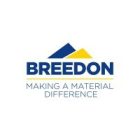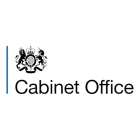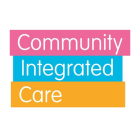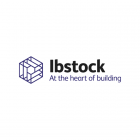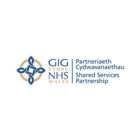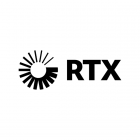
It feels like the danger for organisations right now is not the risk of a new normal. but rather a risk that we revert back, inch by inch to old patterns and habits. Suddenly memories have faded, we are back measuring value and contribution by presence - remember those endless meetings? At t-three we are hyper-aware of this risk and this awareness is our best defence against reverting back. Since March our business has adapted at pace to virtual delivery, collaborative design at a distance and bringing energy and innovation to an online learning space.
Race Pace
Now our challenge - shared by many of our clients - is how to capture what works, what we have learned and transform it into the way we do business into the future. It even has a name - Value Capture, but it also has a useful analogy. I don't run, I do however occasionally aspire to and of course my first instinct is to learn about it! Serious runners know about race pace, setting the future speed at which you want to run your race and then putting in a plan to achieve just that. We have adopted this concept to describe our process of ensuring that our future is not old, or the 'new normal,' but better, faster, taking the best from the past, dumping the rest and finding and forming a whole brave new world.
Value Capture
In t-three we have given this a name, a focus and time, making it a conscious and concerted effort. That's because we know that behaviour change can be prompted by a disruption, but we can also revert back pretty quickly once we settle that disruption down and normalise it. We asked ourselves not only what we had done and achieved, but why and how - and stayed with that question before we jumped gleefully into the solution bit. The characteristics of 'why and how' are what we need to capture and recreate, because they led to a total challenge of all the limitations we had previously lived with and tolerated. In practice that translates into a state of divine discontent, challenging every assumption that we might have spent a long time turning into a set of beliefs, and collecting lots of corresponding evidence to keep them alive and kicking. Who says that people need to have face to face interaction to build relationships, to change behaviour or collaborate? Let's assume that simply isn't true; where could we find examples and counter evidence, and what would that cause us to do?
What have we learnt at this point?
We are early on in the process, and it takes a real focus and energy not to revert back to what we know and are familiar with, be that what we believe about how people work and contribute best, or how the market will respond to a newly shaped and described proposition. What we have learnt so far is:




